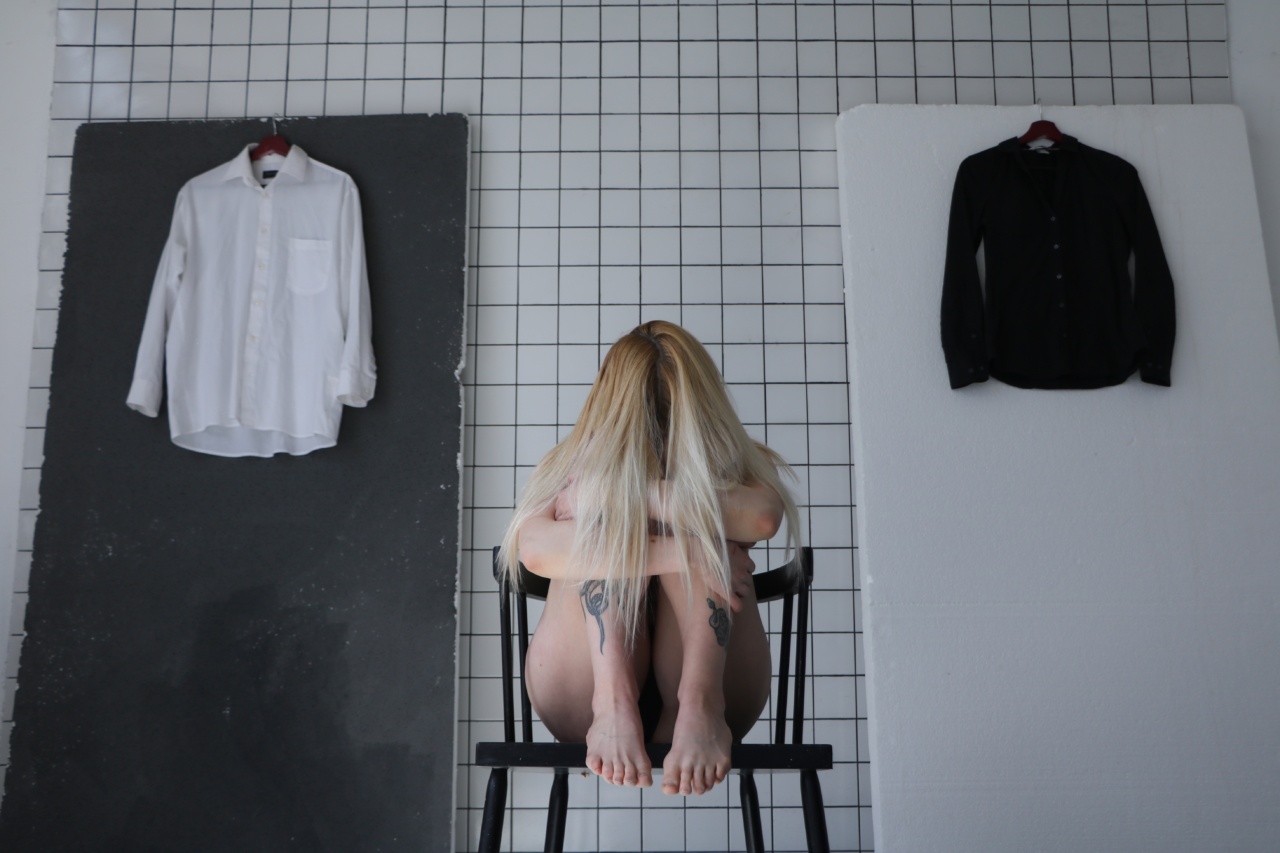Selfies, a term coined in 2002, have become an integral part of today’s millennial culture.
Selfies are defined as self-portraits taken by people using digital cameras or smartphones, and they have become increasingly popular with the rise of social media. However, the growing trend of taking selfies raises concerns about its potential impact on mental health and whether it leads to mental disorders. This article explores the association between selfies and mental disorders.
What Are Mental Disorders?
Mental disorders are defined as a range of mental health conditions that affect a person’s mood, thinking, behavior, and daily functioning.
There are various types of mental disorders such as anxiety disorders, bipolar disorders, depression, eating disorders, obsessive-compulsive disorders, personality disorders, and schizophrenia.
What Are Selfies?
A selfie, as mentioned earlier, is a self-portrait photograph taken by a person using a digital camera or a smartphone. The word ‘selfie’ has become so popular that it became the Oxford English Dictionary’s word of the year in 2013.
Selfies can be taken alone or in a group, and are usually shared on social media platforms such as Instagram, Facebook, Twitter, and Snapchat.
Are Selfies Leading to Mental Disorders?
The growing trend of taking selfies raises concerns about its potential impact on mental health.
While there is no conclusive evidence to prove that taking selfies leads to mental disorders, some studies suggest that excessive selfie-taking behavior may have an adverse effect on mental health.
Social Media and Mental Health
Social media has become an integral part of our daily lives. With the rise of social media, there has been a significant shift in the way people communicate and interact with one another.
Social media platforms such as Facebook and Instagram have become a tool for self-expression and self-promotion. However, it has also led to an increase in anxiety, depression, and other mental health disorders.
Selfie Obsession and Narcissism
Selfies have been associated with narcissism, a personality trait characterized by an excessive sense of self-importance and a need for admiration.
Narcissistic behavior is associated with a range of mental disorders such as borderline personality disorder and narcissistic personality disorder. Some studies suggest that excessive selfie-taking behavior may be a form of narcissism.
Selfie Addiction and Impulse Control Disorders
Selfie addiction is a growing concern among young people. Selfie addiction can lead to a range of physical and mental health problems such as anxiety, depression, and obsessive-compulsive disorder.
There is also a growing concern that selfie addiction may lead to impulse control disorders.
Selfie Culture and Body Image Issues
Selfies have also been associated with body image issues. The rise of social media has led to a culture that promotes a certain body standard, which can lead to body image issues and eating disorders such as anorexia nervosa and bulimia nervosa.
Selfies can also be used as a tool for body shaming, cyberbullying, and harassment.
The Bottom Line
While there is no conclusive evidence to prove that taking selfies leads to mental disorders, some studies suggest that excessive selfie-taking behavior may have an adverse effect on mental health.
The rise of social media and selfie culture has led to a range of mental health concerns such as anxiety, depression, body image issues, and eating disorders. It is essential to maintain a healthy relationship with social media and to seek help if you are struggling with your mental health.






























